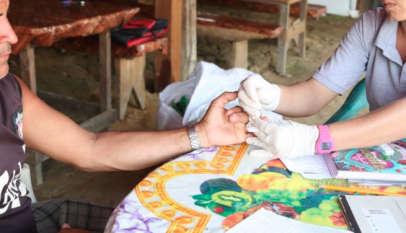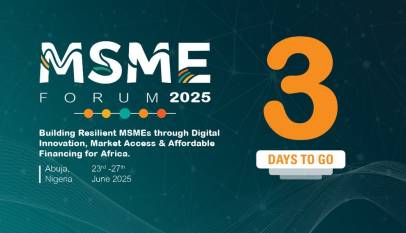Media Advisory: Solving issues locally for Refugees
Hosted by the United Nations Capital Development Fund (UNCDF)
BRUSSELS, Belgium, September 11, 2017,-/African Media Agency (AMA)/- What?- Refugees and migrants are a main concern for many countries in Europe and Africa included. Conflicts and poor economic context push people out of their homeland to neighboring countries or even further to Europe. Before reaching Europe thousands of refugees from East Africa are welcomed and often remain in Zambia and Uganda.
UNHCR and governments manage locally the groups of refugees who cross the borders for a safe place to live. Uganda welcomes over 1,300 million refugees from South Soudan, DR Congo, Burundi and Somalia. Zambia currently hosts about 30,000 refugees coming from the Democratic Republic of Congo, Somalia, Rwanda, Burundi and Angola.
Both Zambia and Uganda are faced with the challenge of migrant’s integration as they are bound to stay for a long time in the UNHCR camps. To best support and attend to the needs of refugees, UNHCR is turning to the distribution of cash based aid. The logic behind this shift to cash is that in-kind aid did not match on the long term the needs of people. Plus, this form of aid does not enable people to start an activity and does not provide the autonomy of choice – about what to eat, how to dress, etc.
However, distributing cash does not come without challenges in remote rural areas. How do you get the cash safely delivered to a camp? How do you ensure a flawless distribution to individuals? Rapidly with the emergence of digital financial services and the penetration of mobile phones in refugee camps, it appeared that digital transfers represent to be a rational choice.
Today UNCDF MM4P and UNHCR are working hand in hand in Zambia and Uganda to digitize the payments of cash based aid. Once cash is transferred to the mobile phone of migrants, they can choose to save it or cash it out. This creates new questions about how and where to cash out and about access to other services such as credit and payment for school fees and health care or even electricity. It also brings in the questions of remittances and how both forms of revenue combined enable migrants to be better off.
These are some of the questions and issues, UNCDF MM4P is working on in Zambia and Uganda. Accessing financial services via accessible and affordable digital means can contribute to better the economic situation of poor people. A recent study in Kenya showed that women living in rural areas with access to digital financial services managed to diversify their sources of income and step out of poverty with better stable incomes. Digital finance and its contribution to the SDGs will be addressed during the next UN General Assembly side meetings. We would like to invite you to discuss with our team the potential challenges and benefits of digital finance to refugees and unbanked people.
Who?
Welcoming Remarks by Karima Wardak Knowledge Management Senior Associate Digital Finance.
Why shift to cash based interventions vs in kind aid?- by Anna Ferracuti, Knowledge management consultant.
Understanding the needs of refugees in Zambia by Uloma Ogba, Knowledge management consultant.
The services refugees can access in Uganda by Naomi de Groot, Knowledge management Consultant.
Migrant workers and remittances in Nepal by Aliska Bajracharya, Knowledge management Consultant.
Migrants and Remittances in Senegal by Bery Kandji, Knowledge management Consultant.
Concluding remarks – Beyond savings and credit what’s the potential of digital finance in LCDs?- By Tillman Bruett, Global Team Leader, Digital Finance.
Where?
United Nations Regional Information Center for Western Europe (UNRIC)
Residence Palace,
Rue de la Loi/Wetstraat 155,
Room « Passage », ground floor,
1040 Brussels
When?
Wednesday 13 September 2017 at 10.00 am.
Please register by sending an email to: benelux@unric.org.
Kindly indicate whether you are interested in a one-to-one interview after the briefing.
Distributed by African Media Agency (AMA) on behalf of United Nations Regional Information Centre for Western Europe UNRIC.
Source: AMA













